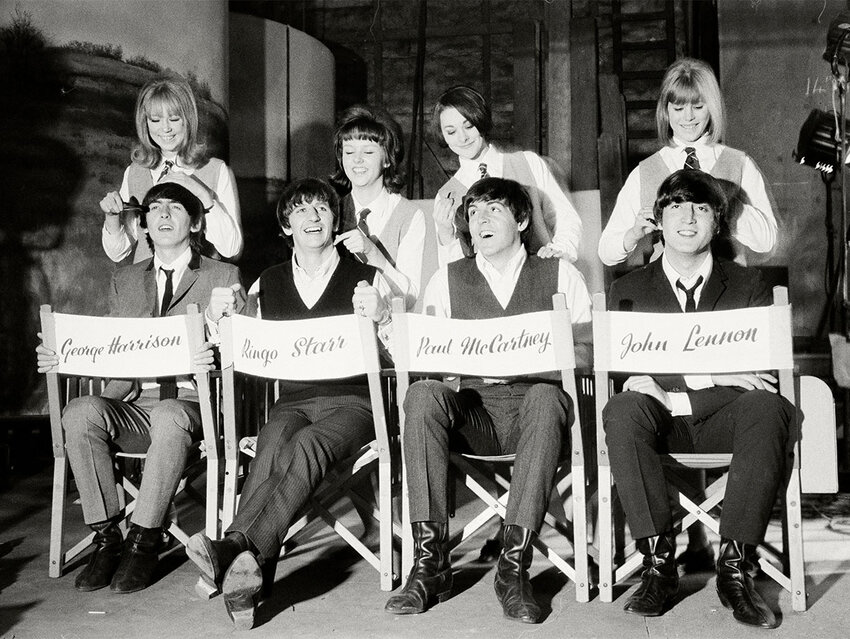
Dactylonomy
[dak-til-AHN-ə-mi]
Part of speech: noun
Origin: English, 18th century
1.
The practice of counting on one’s fingers, or otherwise representing numbers with one’s fingers.
Examples of Dactylonomy in a sentence
"Instead of pulling out the calculator on my phone, I stick to dactylonomy."
"I preferred dactylonomy to memorizing math equations well into middle school."
About Dactylonomy
The term combines the Greek prefix “δάκτυλος” (or “dactylo,” meaning “finger”) with the suffix “-onomy,” meaning “a system of knowledge.” The suffix “-onomy” is also drawn from the Greek suffix “νόμος” (or “nómos,” meaning “law”).
Did you Know?
Dactylonomy is far more complicated than counting to ten on one’s fingers (or twenty with the toes). In fact, various systems of dactylonomy have appeared around the world dating back at least as far as first-century Persia. These versions offered the ability to count into the hundreds, thousands, and even greater numbers using the fingers and parts of the hand. It’s commonly believed that the decimal system was popularized because of the universal experience of counting to 10 on one’s fingers.








